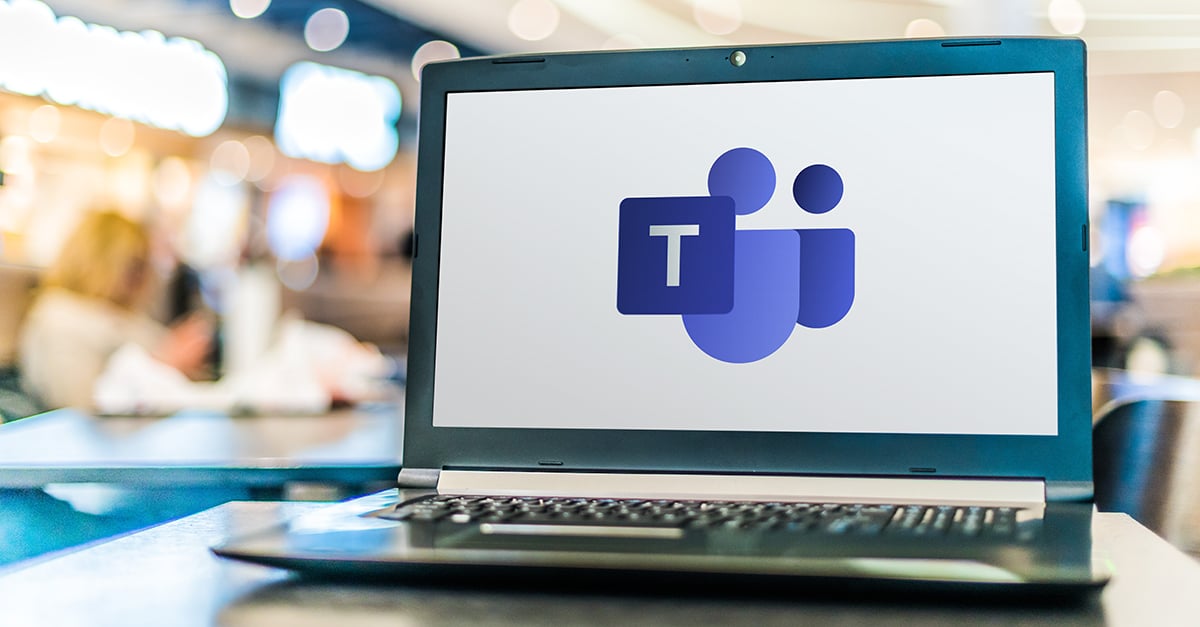ACP CreativIT is thrilled to announce its acquisition of Mindsight, a Chicago-based IT consulting...
Microsoft Teams Is Committed To User Safety
With more end users working remotely than ever, privacy and security are becoming more critical for IT. Microsoft Teams has emerged as a heavily used tool to connect those within a company regardless of location. However, the risk of a security or privacy breach is even more top of mind than usual with employees working from home.
Microsoft Teams recently released their commitment to users regarding their approach to keeping people, businesses and information safe. We will be highlighting some security measures Microsoft Teams has in place to help give you peace of mind when working and sharing information on this platform.

Microsoft Teams provides privacy and security controls for video conferences in many ways. Meeting options help you to decide who can and can’t join your meetings, also allowing the organizers to remove unwanted participants. The meeting organizer can determine roles in Teams meetings that designate “presenters” and “attendees”, which allows you to control who can present and who can’t. All recordings of meetings start with a notice to attendees that recording is taking place. Organizers have the ability to control who can record. Meeting recording access is limited only to the attendees who were invited to the meeting. Recordings can be uploaded to Microsoft Stream and be shared and downloaded following the conclusion of the meeting. Channel owners can moderate conversations and control who can and cannot share content in the conversations.
Your most valuable asset, personal information, is in safe hands with Microsoft Teams as well. Teams never uses your data to serve you ads and they don’t track participant attention or multitasking in meetings. All your data is deleted after the expiration of your subscription ensuring strong measures are in place to keep your data safe. Microsoft carefully defines requirements for responding to government requests for data, also making sure that there are no back doors for government to access your data. You, of course, can have access to your own data at any given time from anywhere. Transparency reports are offered detailing how Microsoft responds to third-party requests.
There are many ways Microsoft Teams also protects your identity and account information. Multi-factor authentication requires users to provide multiple forms of verification to prove their identity. Conditional access is also provided which allows you to set risk-based policies for user context. Microsoft Endpoint Manager gives users the opportunity to manage apps and enforce conditional access on any device anywhere. Secure guest is another great tool which allows users to collaborate with individuals in their organization opposed to external access which provides an authenticated connection to another organization allowing collaboration between organizations.
Microsoft also protects your data by defending against cybersecurity threats. Team’s data is encrypted in transit and at rest using technologies such as TLS and SRTP to encrypt all data. Enterprise data is also encrypted in Microsoft Teams which allows organizations to decrypt content to meet compliance obligations. There is also data loss prevention which prevents sensitive information being shared. Sensitivity labels allow you to regulate who accesses privacy and guest settings of the team. Advanced Threat Protection helps to protect users software hidden in files, including those on OneDrive and/or SharePoint. Lastly, Microsoft Cloud App Security provides users with tools to identify any suspicious activity including large deletions of teams.
As you can see, from all the measures outlined it is clear that Microsoft Teams is striving to help keep organizations productive and secure. Their approach to these critical issues is designed to give you the manageability and control needed to trust Teams during this unprecedented time and beyond. Teams even meets more than 90 regulatory and industry standards! With security, compliance and privacy at the forefront of everyone’s minds we hope this blog gave you the insight you need to have peace of mind when using Teams.
Feel free to visit the Microsoft Trust Center to learn more or contact us with specific questions.

.png?height=200&name=Untitled%20design%20(19).png)

